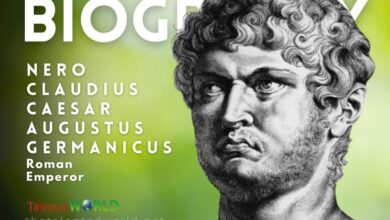| Full Name | Lucius Cornelius Sulla Felix |
| Birth | 138 BC |
| Death | 78 BC (aged 60) |
| Place of Death | Puteoli, Italy |
| Nationality | Roman |
| Notable Credit | Constitutional reforms of Sulla |
| Offices Held | Legate during Social War (90–89 BC), Consul (88 BC, 80 BC), Proconsul (87–84 BC), Dictator (82–80 BC) |
| Military Service Years | 107–82 BC |
| Major Wars | Jugurthine War, Cimbrian War, Social War, First Mithridatic War, Sulla’s Civil War |
| Awards | Grass Crown |
| Opponents | Gaius Marius |
| Spouses | Julia, Aelia, Cloelia, Caecilia, Valeria |
| Children | Lucius Cornelius Sulla, Cornelia, Faustus Cornelius Sulla, Cornelia Fausta, Cornelia Postuma |
| Early Life | Born into an impoverished branch of the patrician gens Cornelia |
| Family Background | Descendant of Publius Cornelius Sulla; the family had fallen into poverty |
| Career Highlights | Captured Jugurtha, fought Germanic tribes in the Cimbrian War, had a pivotal role in the Social War, victorious in the Mithridatic War |
| Civil War | First to seize power through force, marched on Rome, defeated Marian forces |
| Reforms | Revived dictatorship, reformed constitutional laws to restore Senate’s primacy and limit plebeian tribunes’ power |
| Retirement and Death | Resigned dictatorship in 79 BC, retired to private life, and died in 78 BC |
| Legacy | Set precedent for military coups in Rome, influenced later leaders like Julius Caesar |
| Associated with Venus | Adopted title Epaphroditos, meaning favored of Aphrodite/Venus |





